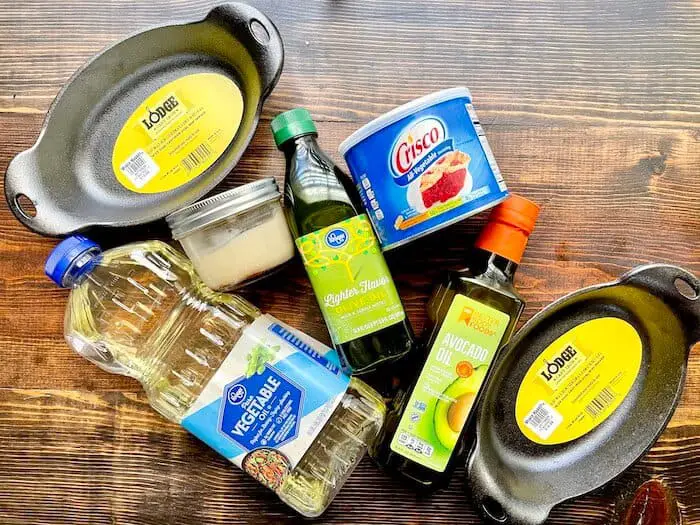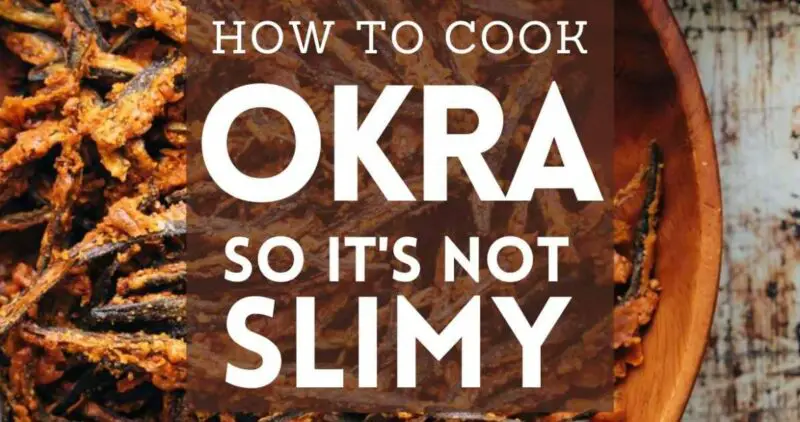Pizza is a popular dish with a fascinating history that spans many centuries. It is enjoyed by millions of people all over the world for its cheesy, saucy, and savory goodness. However, if not prepared and cooked properly, pizza can also pose some health risks to its fans.
Understanding the Basics of Pizza Dough
Pizza dough has only a few simple ingredients: flour, yeast, water, salt, and sometimes olive oil and sugar. The type and quality of these components impact the final outcome. For example, high-protein flour makes for a chewier crust, while low-protein flour makes it softer. The yeast in the dough is responsible for leavening the dough or making it rise. It is necessary to understand how yeast works for optimal pizza dough making results.
Yeast performs best in warm and moist conditions. When mixed with water (at around 110-115°F), it begins to multiply and consume the sugar in the dough mixture, creating carbon dioxide gas that gets trapped in gluten strands in the dough.
The dough’s success depends on proper fermentation resulting from a gentle and slow rising process once kneading is completed. This period of resting allows gas bubbles to expand gradually throughout the dough which creates air pockets causing a lighter texture than a quick-rise process.
The Dangers of Undercooked Pizza Dough
Undercooked pizza dough presents potential risks of food poisoning just like any other raw dough product since it contains living microorganisms such as bacteria or yeast cells. Among these microorganisms that can cause foodborne illness are:
- Salmonella: A bacteria often found in eggs that may live in flour or other raw ingredients when undercooked improperly.
- E. coli: A dangerous bacteria that can cause serious illnesses like kidney failure and anemia, often found in contaminated soil or water.
- Listeria: A bacteria causing Listeriosis which mainly affects pregnant women, the elderly, and individuals with weakened immunity systems, often associated with raw meats and dairy products such as cheese.
The risk of getting sick from eating undercooked pizza dough depends largely on bacterial growth rates in the dough as well as individual susceptibility to foodborne illness. Non-pathogenic microorganisms such as lactobacilli and bifidobacteria may grow in well-fermented dough and probiotics contributing to better digestion and immune system function. However, when the environment is conducive to pathogenic bacteria proliferation, consuming it can be harmful.
The symptoms for food poisoning caused by undercooked pizza dough are severe stomach cramps, fever, vomiting, and diarrhea. Symptoms usually show up within a few hours of consumption but may take a few days to show up. Parents must keep their kids away from playing with raw dough ingredients and discourage them from tasting uncooked pizza dough since their immune system is still developing.
The Risks for Vulnerable Groups
Children, pregnant women, and immunocompromised individuals have a higher risk of getting sick from eating even a small amount of undercooked dough or contaminated food. They are more vulnerable to foodborne illness due to their weaker immune systems that cannot fight off harmful microorganisms properly.
Pregnant ladies need extra care when handling raw dough or consuming undercooked pizzas not only because the health risks involved but also because they may pass any infection onto the fetus. Expectant mothers should avoid unpasteurized dairy or cheeses made from unpasteurized milk since they contain harmful bacteria that may lead to Listeriosis.
Children must be kept away from mixing ingredients, kneading dough, or playing with flour as they may expose themselves (or siblings) to harmful bacteria and risk getting sick. Individuals suffering from a digestive tract illness may face a higher potential of complications requiring surgery due to the weakened state of their inflamed gut wall.
Precautions for Making and Serving Pizzas
Fortunately, when pizza is cooked at high temperatures, those disease-causing microorganisms will be killed, making it safe to eat. Here are some measures that can prevent the risks from undercooked pizza dough:
- Proper hygiene practices: Simply washing your hands with soap and water before handling food can reduce the risk of infection. Encouraging workers to follow food safety best practices like frequent hand washing, wearing gloves, preparing food in a clean environment are fundamental precautions needed in a restaurant setting.
- Cooking temperatures: Pizza must bake at 450-500°F for about ten minutes where internal temperatures reach around 160°F. This ensures that any harmful bacteria are obliterated since they cannot survive at this high temperature.
- Preventing cross-contamination: Pizza toppings must not be mixed during preparation to avoid transferring bacteria on utensils or surfaces. Particular attention must be given to the pathway, storage conditions pasteurization and handling of cheese since it comes from raw milk products most frequently linked with foodborne illnesses.
Frequently Asked Questions About Undercooked Pizza Dough
- What should you do if you consumed undercooked pizza dough?
- How fast do symptoms appear?
- Can you freeze raw pizza dough without cooking it?
- If the toppings are safe, can eating raw pizza dough be safe as well?
- Does a sour smell indicate that the pizza dough is spoiled?
If you have eaten undercooked or raw pizza dough, monitor yourself for symptoms mentioned earlier and see a doctor if you experience severe symptoms like bloody stools, dehydration or high fever.
Food poisoning symptoms usually appear within 24 hours to 5 days and may take up to ten days.
Uncooked pizza dough can be frozen since it avoids the risk of spoilage or contamination. You can store the dough in the freezer or refrigerator until you’re ready to bake it with toppings.
No, consuming raw pizza dough is not safe, regardless of the toppings present on top of it.
A sour smell may indicate that the pizza dough has over-ripened, but a rancid or off odor combined with a slimy texture could indicate spoilage and makes it unsafe for consumption.
Conclusion
The safety of pizzas and other bakery products depends on how they’re prepared and baked. To avoid falling sick from undercooked pizza dough, it’s essential to follow food safety guidelines strictly. This involves good hygiene practices, proper cooking temperatures, preventing cross-contamination, and ensuring that at-risk populations avoid consuming uncooked or undercooked pizzas.
Remembering these precautions will help us enjoy pizza safely without any health risks. By taking care in preparing our food correctly – from following recipes precisely to practicing good hygiene techniques – we can protect ourselves and loved ones from infection and illness caused by undercooked pizza dough.
Frequently Asked Questions
1. Can undercooked pizza dough make you sick?
It is possible to get sick from eating undercooked pizza dough, as it can contain harmful bacteria like E. coli or Salmonella. This is especially true if the dough was not properly stored or cooked at the correct temperatures.
2. What are the symptoms of getting sick from undercooked pizza dough?
Symptoms of foodborne illness from undercooked pizza dough can vary, but some common ones include nausea, vomiting, diarrhea, and stomach cramps. In severe cases, it can even lead to hospitalization.
3. How can you prevent getting sick from undercooked pizza dough?
To prevent getting sick from undercooked pizza dough, be sure to cook it thoroughly at the recommended temperature and for the recommended time. It’s also important to store the dough properly in a cool, dry place and wash your hands and cooking surfaces regularly.
4. Can you safely eat raw pizza dough?
No, it is not safe to eat raw pizza dough as it may contain harmful bacteria that can cause foodborne illness. Additionally, the yeast in the dough can continue to grow inside your digestive system and cause discomfort or infection. It’s always best to cook pizza dough thoroughly before consuming it.






